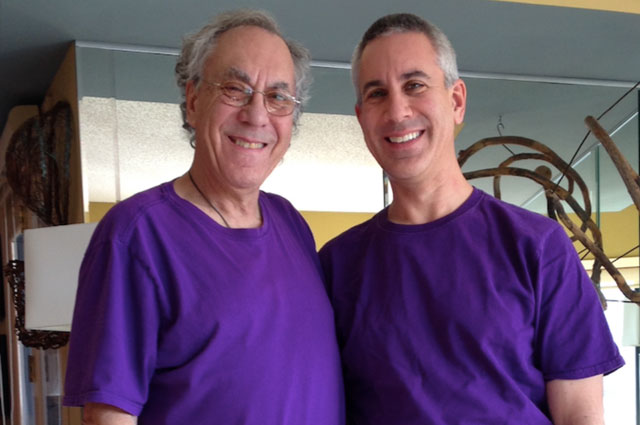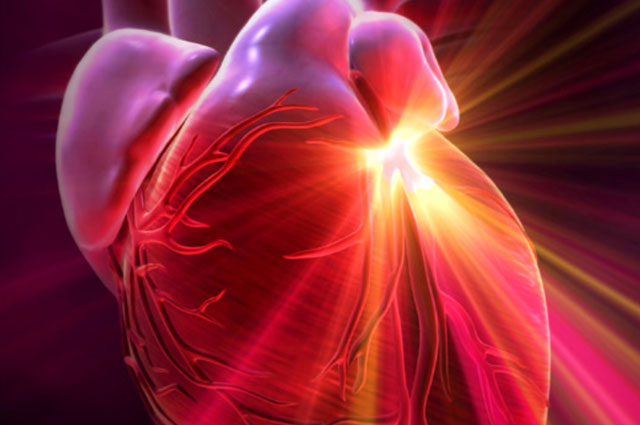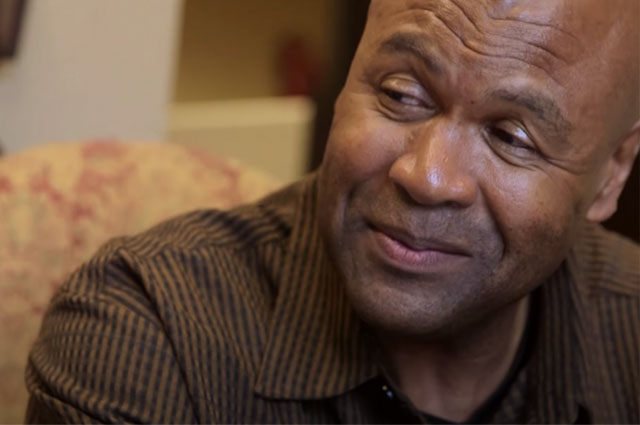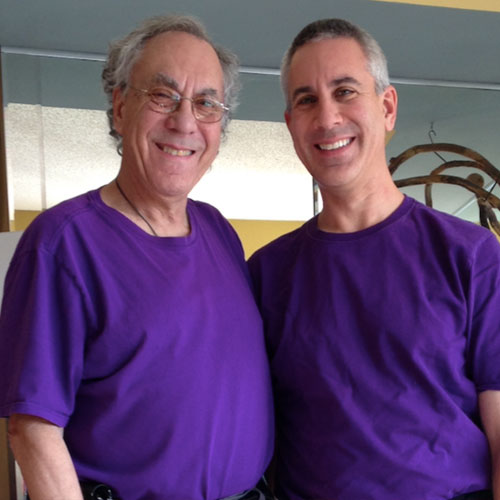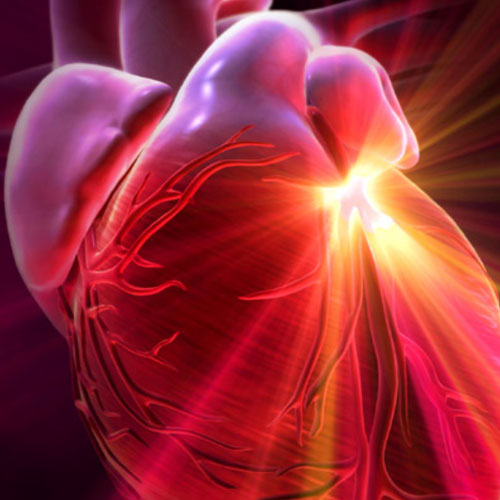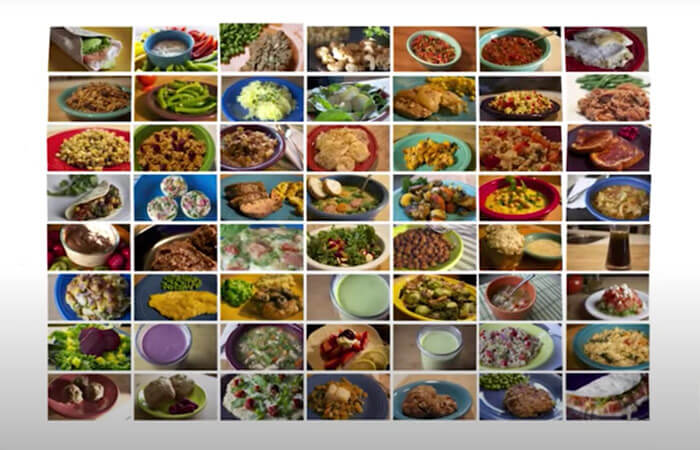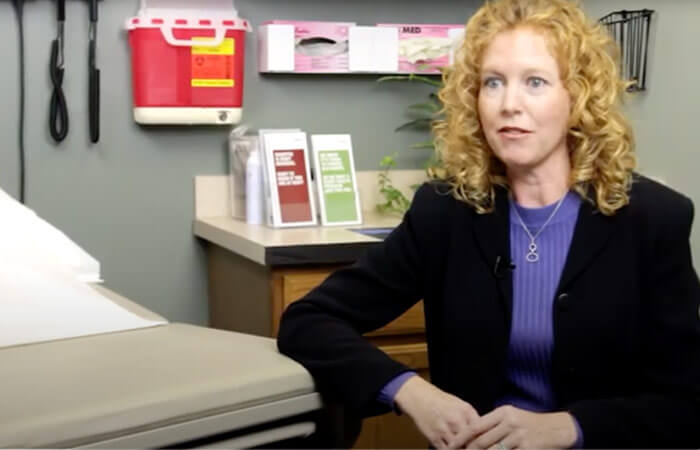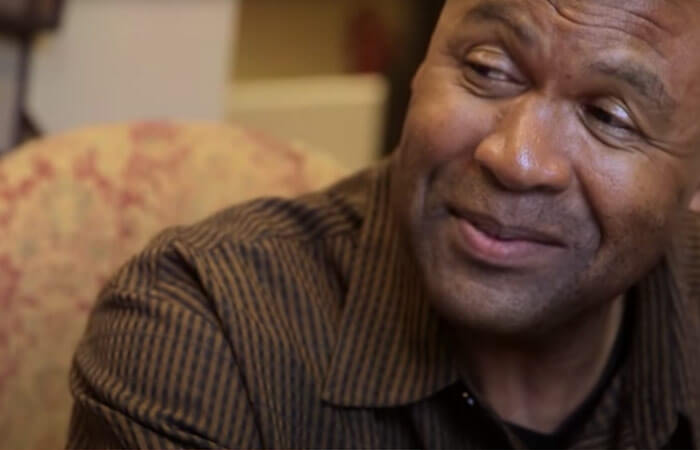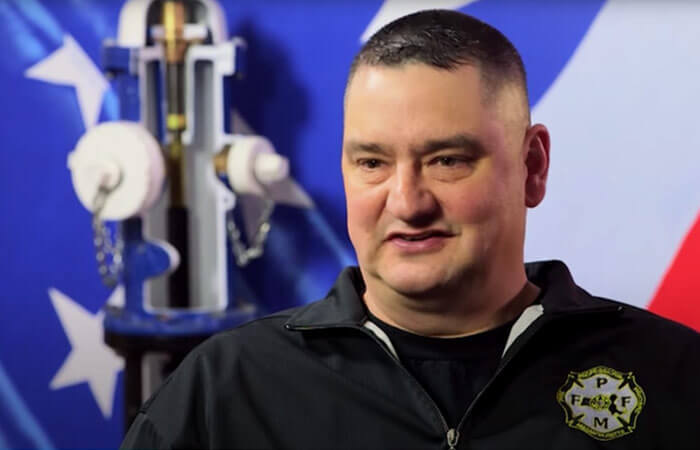My Family Story Of Heart Disease
Heart disease, including all forms of cardiovascular disease, is the leading cause of human death throughout the world. Most people have family members or other relatives who have been harmed or killed by cardiovascular disease.
My grandfather Mel Dansinger died suddenly and unexpectedly from heart disease at age 72 when I was 11 years old. He had recently retired from running his own business, and had been excited about starting a part-time job at a health club and spending more time with his wife of nearly 50 years. After his death my grandmother lived without him for another 30 years. He died much too soon and I feel cheated that I did not have more time with him. His son Stuart Dansinger is my father.
Dad’s heart attack came at about the same age as his own father’s. Thankfully huge advances in preventive medicine during the 30-year gap helped him live rather than die. Unlike his father, Dad certainly benefited from years of exercise, cholesterol medication, aspirin therapy, 911 rapid-response and cardiac stent technology—which together may have meant the difference between a mild rather than fatal heart attack. Importantly, seeing his own father die too young decades previously, leaving behind so many who loved him, helped reinforce Dad’s lifelong commitment to healthy lifestyle habits including playing racquetball three times per week. Well into his 80’s now, Dad continues to play racquetball, exercise daily, and follow a heart-healthy eating style. I’ve benefited tremendously (along with my mother, siblings, and the 6 grandchildren) because he’s still around, showing us how to live life to the fullest and overcome heart disease. I’m also grateful to Mom, who has done all the healthy cooking and continues to support Dad’s healthy lifestyle.
As a husband, and father of three school-age children, I aim to be a good role model for my family. My wife and I have used three strategies to encourage a culture of health in our family—parent role modeling, teaching our children healthy lifestyle habits, and doing volunteer work in the community. We want our children to know that we’ve been inspired by others to practice such lifestyle choices and that we hope our actions inspire others as well. Our children see us each cooking healthy meals and exercising daily. They can easily see we take our commitment seriously and these practices are integrated into our daily lives. We teach them how to prepare a variety of healthy meals. Each child participates in team sports such as swimming, diving, or volleyball. They learn good sportsmanship and how to focus on gradual self-improvement and inspiring teammates. As a family we participate in volunteer activities that help others to lead healthier lives as well. Together these family practices train the children in the art of staying healthy, living their best lives, and becoming role models themselves.

